Out Now
The Big Contract Issue
Current Issue
The Big Contract Issue
FEB - MAR 2026
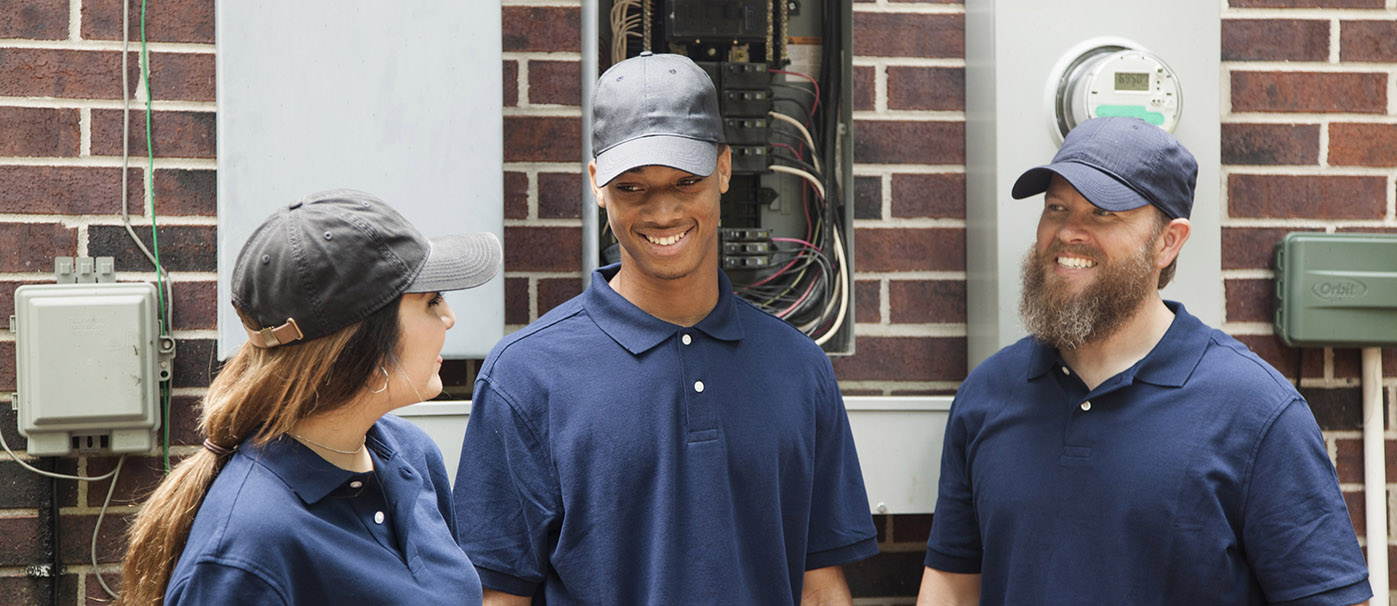
The times are indeed changing, with a growing number of sparkies from diverse backgrounds joining the profession.
As a young bloke, Sebastian wanted to become an electrician, but two significant roadblocks scuttled his plans.
“In Year 10, I did my work experience with an electrician, and I was very interested in doing it as a career,” he says. “However, my grades at school weren’t great at all, and I didn’t really have much self-confidence.”
After school, Sebastian worked as a truck driver and in logistics before eventually circling back to the trade that first piqued his
interest.
At 33, he became a mature age electrical apprentice.
“By this time, I had my head up high and I had more confidence,” Sebastian says.
“I’d become a father, and I wanted to have a trade, so I crunched the numbers and figured I could do it.”
Sebastian is one of a growing number of contractors joining the profession from diverse backgrounds.
Diversity and inclusion are now firmly on the radar of Aussie businesses of all sizes, says Grazia Pecoraro, a Senior Associate at consulting firm Diversity Partners, which specialises in diversity and inclusive leadership.
“We’ve seen an increase in interest across all organisations,” she says. “Particularly in micro and small businesses, there’s a lot more robust discussion around diversity and inclusion than there was 10 years ago.”
In the trades, she says, “Industry is acknowledging that the systems and processes that in the past encouraged people to think about the electrical trade as a career were more skewed towards younger Anglo-Saxon males. Now, we’re seeing that change.”
According to the National Centre for Vocational Education Research, there are just over 10,000 mature-age electrical apprentices aged between 25 and 49 currently in training – up from just over 7,000 in 2017.
Similar increases, albeit from much smaller baselines, show more women – who comprise just eight per cent of licensed electricians – and people from Indigenous backgrounds are joining the profession.
An expanded pool of potential employees is one of the biggest advantages of embracing diversity and inclusion for bosses and businesses, but there’s often more to it than simply opening your eyes to hiring different types of people. Sometimes you need to facilitate change in more practical ways.
“There’s obviously a technical requirement for the role of an electrician in terms of education, but there are some parts of our society that may not necessarily be able to access that,” Pecoraro says.
“It can help to think differently about where you’re sourcing your people from, and what you can do to disrupt the ‘I leave school and this is what I want to do’ pathway.”
When the new owners of Wilco Electrical in Perth, who both have Aboriginal heritage, took over the business in 2015, they put in place an initiative to create 20 Aboriginal apprenticeships by 2020.
“The first thing that we wanted to do as directors of the business was improve on the diversity within the business and that involved creating opportunities for Aboriginal people,” says Director Tim Bidstrup, who counts Gemcell member CNW Myaree as one of the business’ main suppliers.
“We found that there were not that many Aboriginal tradespeople out there, which prompted us to create our own initiative.”
Because women are also underrepresented in the trades, Bidstrup says they sought to create a better gender balance. The result?
Mission accomplished: “By 2020 we created 22 positions – all Aboriginal people, and a mixture of men and women,” says Bidstrup.
At the moment, Wilco Electrical has eight Indigenous apprentices on the books, including two women. Apart from being personally rewarding, Bidstrup says the business has benefited from a shift in its client base.
“It’s allowed us to expand to serve a different client base who value that diversity and different perspective. It has moved us from being in an industry that is notoriously price driven to working with clients who value their social impact.”
Practically speaking, employing someone from a diverse background is much the same as any other hire, Bidstrup says.
“Once they’re part of our culture and surrounded by the success of their peers, it’s the same as every other apprentice.
“Depending on the stage of life that any apprentice is at, there are challenges that they go through, and there are things that they need our support for. The value that diversity brings to our business and our culture far outweighs any challenges that it might throw up.”
And, of course, everyone has something unique to offer.
Sebastian, who finished his apprenticeship in 2020 and now works as a qualified electrician in the government sector, after stints in printing and mining, says extra life experience has helped him navigate his new career.
“I had absolutely no problems finding companies to work for as a mature age apprentice,” he says.
“People would say the mature age guys are worldly and they know safety.
“And being a bit more rounded with my experience, I’ve found I can get my foot in the door in different industries and have enough of an understanding to hit the ground running, especially being older and with a bit more confidence.”
Keep up to date with our latest news and competitions by subscribing to our regular newsletter.

Issue 190
DEC 25 - JAN 26

Issue 189
OCT - NOV 2025

Issue 188
AUG - SEPT 2025

Issue 187
JUN - JUL 2025

Issue 186
APR - MAY 2025

Issue 185
FEB - MAR 2025

Issue 184
DEC 2024 - JAN 2025

Issue 183
OCT - NOV 2024

Issue 182
AUG - SEPT 2024

Issue 181
JUN - JUL 2024

Issue 180
APR - MAY 2024

Issue 179
FEB - MARCH 2024

Issue 178
DEC 2023 - JAN 2024

Issue 177
OCT - NOV 2023

Issue 176
AUG - SEPT 2023

Issue 175
JUN - JUL 2023

Issue 174
APR - MAY 2023

Issue 173
FEB - MAR 2023

Issue 172
DEC 2022 - JAN 2023
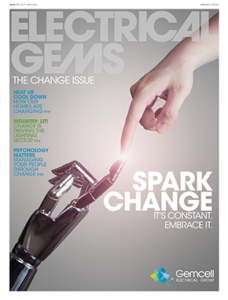
Issue 171
OCT - NOV 2022

Issue 170
AUG - SEPT 2022

Issue 169
JUN - JUL 2022

Issue 168
APR - MAY 2022

Issue 167
FEB - MAR 2022

Issue 166
DEC 2021 - JAN 2022

Issue 165
OCT - NOV 2021

Issue 164
AUG - SEPT 2021
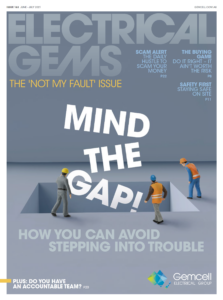
Issue 163
JUN - JUL 2021

Issue 162
APR - MAY 2021
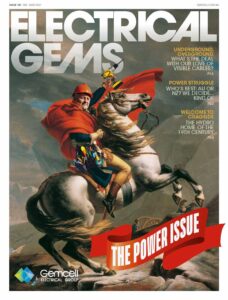
Issue 161
FEB - MAR 2021

Issue 160
DEC 2020 - JAN 2021

Issue 159
OCT - NOV 2020

Issue 158
AUG - SEPT 2020

Issue 157
JUN - JUL 2022

Issue 156
APR - MAY 2020

Issue 155
FEB - MAR 2020

Issue 154
DEC 2019 - JAN 2020

Issue 153
OCT - NOV 2019

Issue 152
AUG - SEPT 2019

Issue 151
JUN - JUL 2019

Issue 150
APR - MAY 2019

Issue 149
FEB - MAR 2019
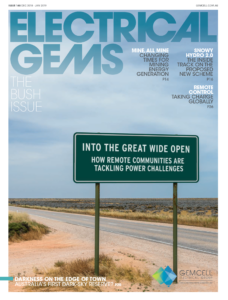
Issue 148
DEC 2018 - JAN 2019

Issue 147
OCT - NOV 2018

Issue 146
AUG - SEPT 2018

Issue 145
JUN - JUL 2018

Issue 144
APR - MAY 2018

Issue 143
FEB - MAR 2018

Issue 142
DEC 2016 - JAN 2017

Issue 141
OCT- NOV 2017

Issue 140
AUG - SEPT 2017

Issue 139
JUN - JUL 2017

Issue 138
APR - MAY 2017

Issue 137
FEB - MAR 2017

Issue 136
DEC 2016 - JAN 2017

Issue 135
OCT - NOV 2017

Issue 134
AUG - SEPT 2016

Issue 133
JUN - JUL 2016

Issue 132
APR - MAY 2016

Issue 131
FEB - MAR 2016

Issue 130
DEC 2015 - JAN 2016

Issue 129
OCT - NOV 2015

Issue 128
AUG - SEPT 2015

Issue 127
JUN - JUL 2015

Issue 125
APR - MAY 2015

Issue 125
FEB - MAR 2015

Issue 124
DEC 2014 - JAN 2015

Issue 123
OCT - NOV 2014

Issue 122
AUG - SEPT 2014

Issue 121
JUN - JUL 2014

Issue 120
APR - MAY 2014

Issue 119
FEB - MAR 2014

Issue 118
DEC 2013 - JAN 2014

Issue 117
OCT - NOV 2013
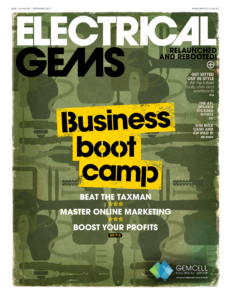
Issue 116
AUG - SEPT 2013

Comments (0)
Write a Comment